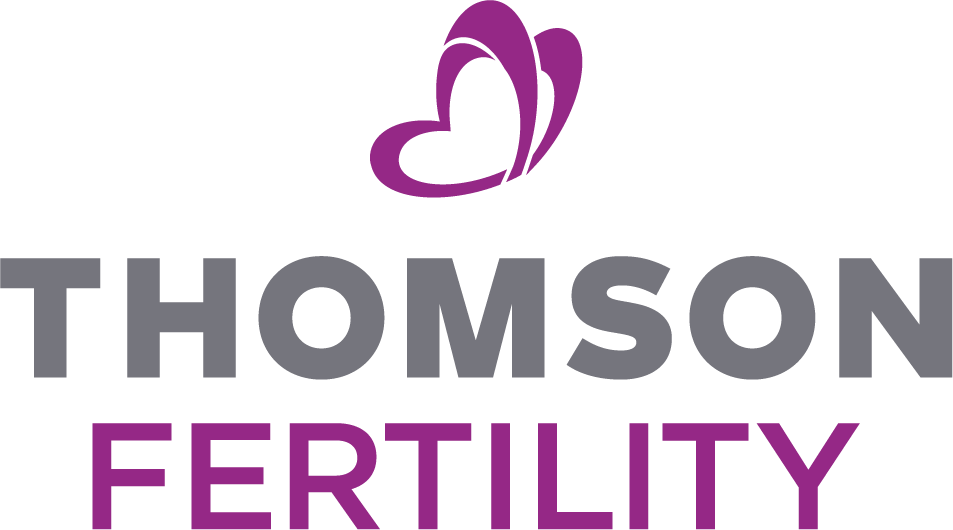Trying to Conceive?
If you have been trying to conceive for over a year without success, you are not alone. Infertility is more common than you think, affecting 1 in 6 couples.
Infertility is defined as the inability to conceive after 12 months of regular, unprotected intercourse. For women, it can stem from hormonal imbalances, ovulation disorders, blocked fallopian tubes, endometriosis, or age-related fertility decline.
But what if taking control now could shape your fertility future?
While the journey may feel overwhelming, advances in fertility care and assisted reproductive technologies offer new possibilities. Understanding the causes and exploring treatment options can empower you to make informed decisions and take the next step towards growing your family.
Potential Causes of Infertility
Infertility often goes unnoticed until trying to conceive becomes a challenge. It can stem from medical, hormonal, or lifestyle-related factors. Understanding potential causes early can empower your next steps.
Conditions like PCOS (Polycystic Ovary Syndrome) disrupt hormone levels and interfere with ovulation, making it irregular or absent.
Scarring or blockages caused by conditions like endometriosis, pelvic inflammatory disease (PID), or previous surgeries can prevent fertilisation.
Conditions like fibroids, polyps, or congenital abnormalities can impact implantation or prevent sperm from reaching the egg.
Thyroid disorders, autoimmune diseases, and diabetes can affect hormone regulation, impacting fertility.
Fertility naturally declines with age, particularly after 35, due to a decrease in both egg quality and quantity.
Ovulation-inducing drugs and hormone-regulating medications are commonly used, especially for conditions like PCOS or thyroid issues.
Surgical treatments may be recommended for endometriosis, fibroids, or scar tissue that could impact fertility.
- IUI (Intrauterine Insemination): Places sperm directly into the womb to increase the chance of fertilisation.
- IVF (In Vitro Fertilisation): Fertilises eggs outside the body before transferring them into the womb.
Acupuncture and herbal medicine may help regulate the menstrual cycle, support ovulation, and improve overall reproductive health. TCM is often used alongside conventional treatments for a holistic approach.
What Are the Treatment Options?
There is no one-size-fits-all solution. Your fertility journey is unique, and treatment options depend on your specific needs and goals. Your treatment plan may include a combination of the following:
Our Fertility Specialists

Dr. Loh Seong Feei

Dr. Tan Heng Hao

Dr. Janice Tung

Dr. Tan Shu Qi
You don’t have to face this journey alone.
#LetsTalk about what’s possible together.
Take the first step by scheduling a comprehensive fertility screening or consultation with our specialist today.
